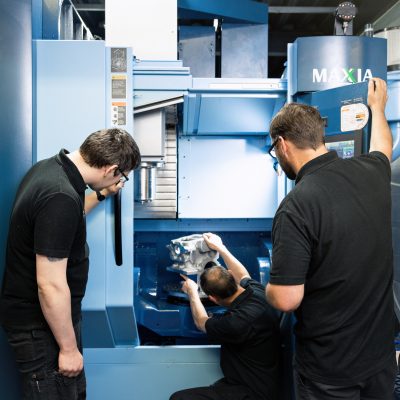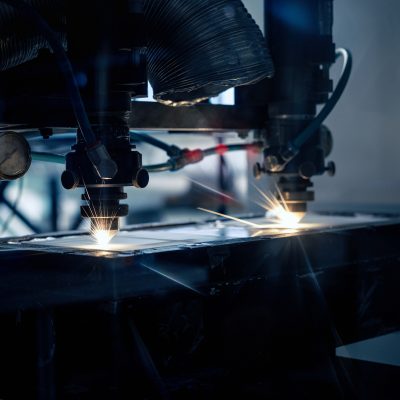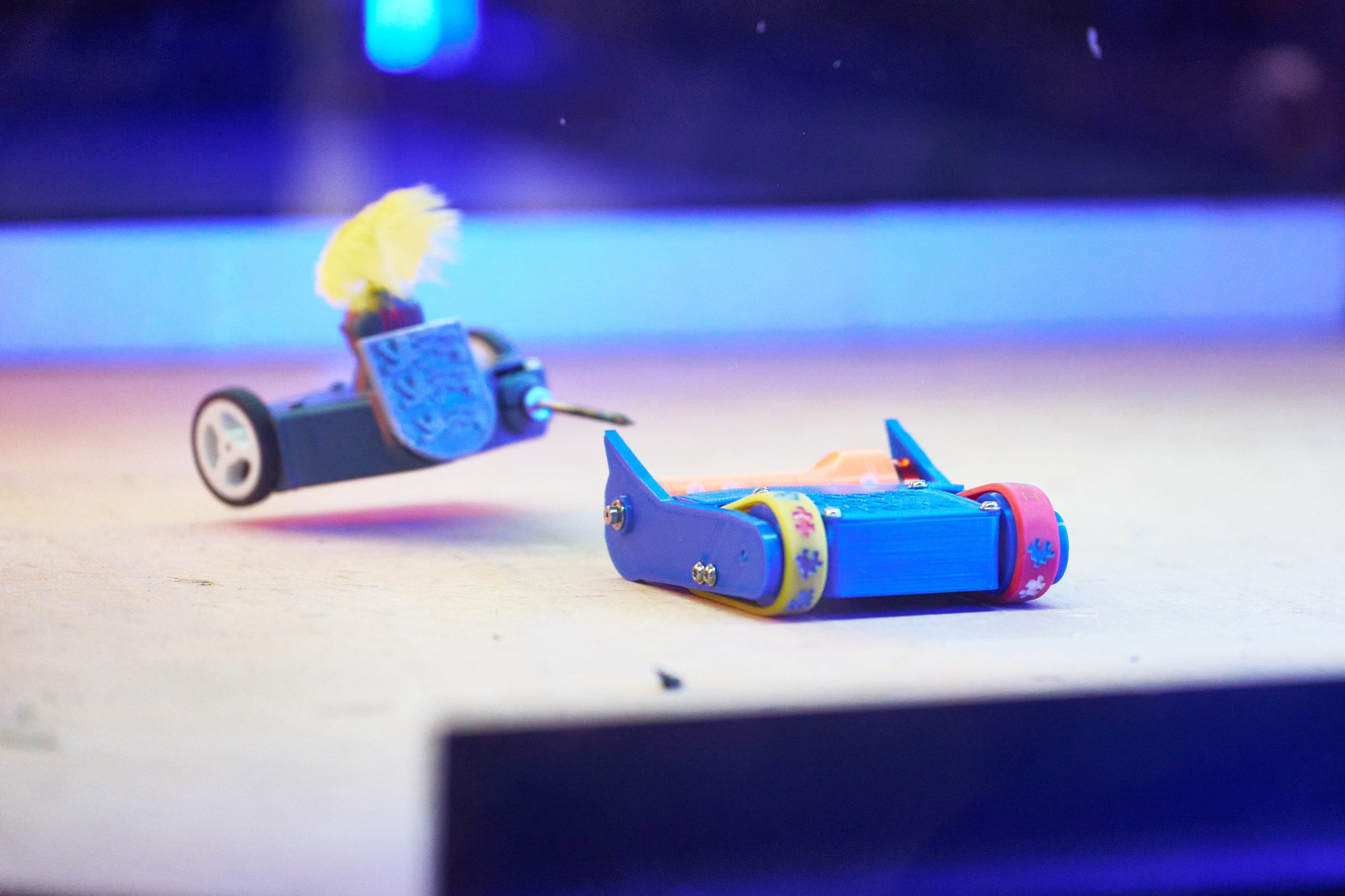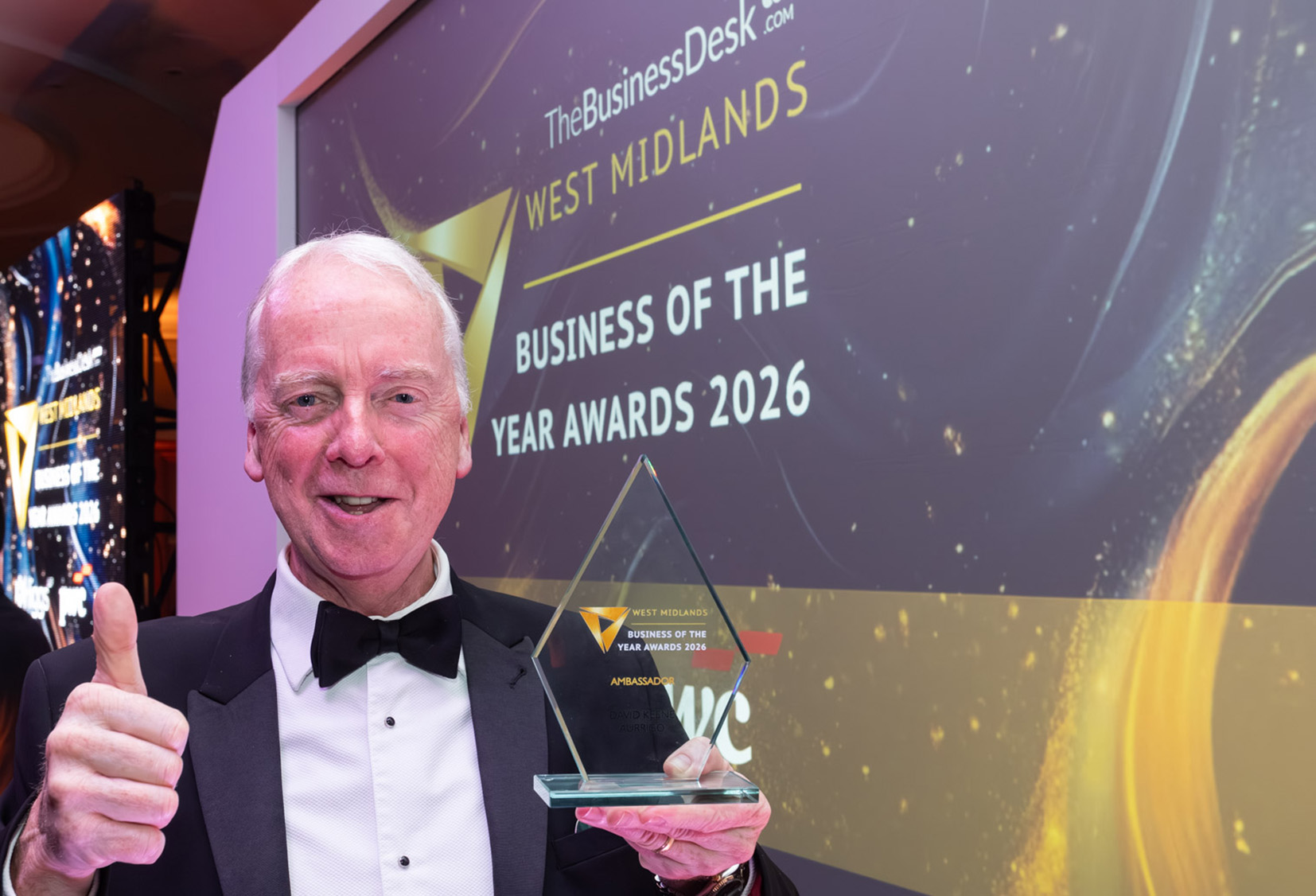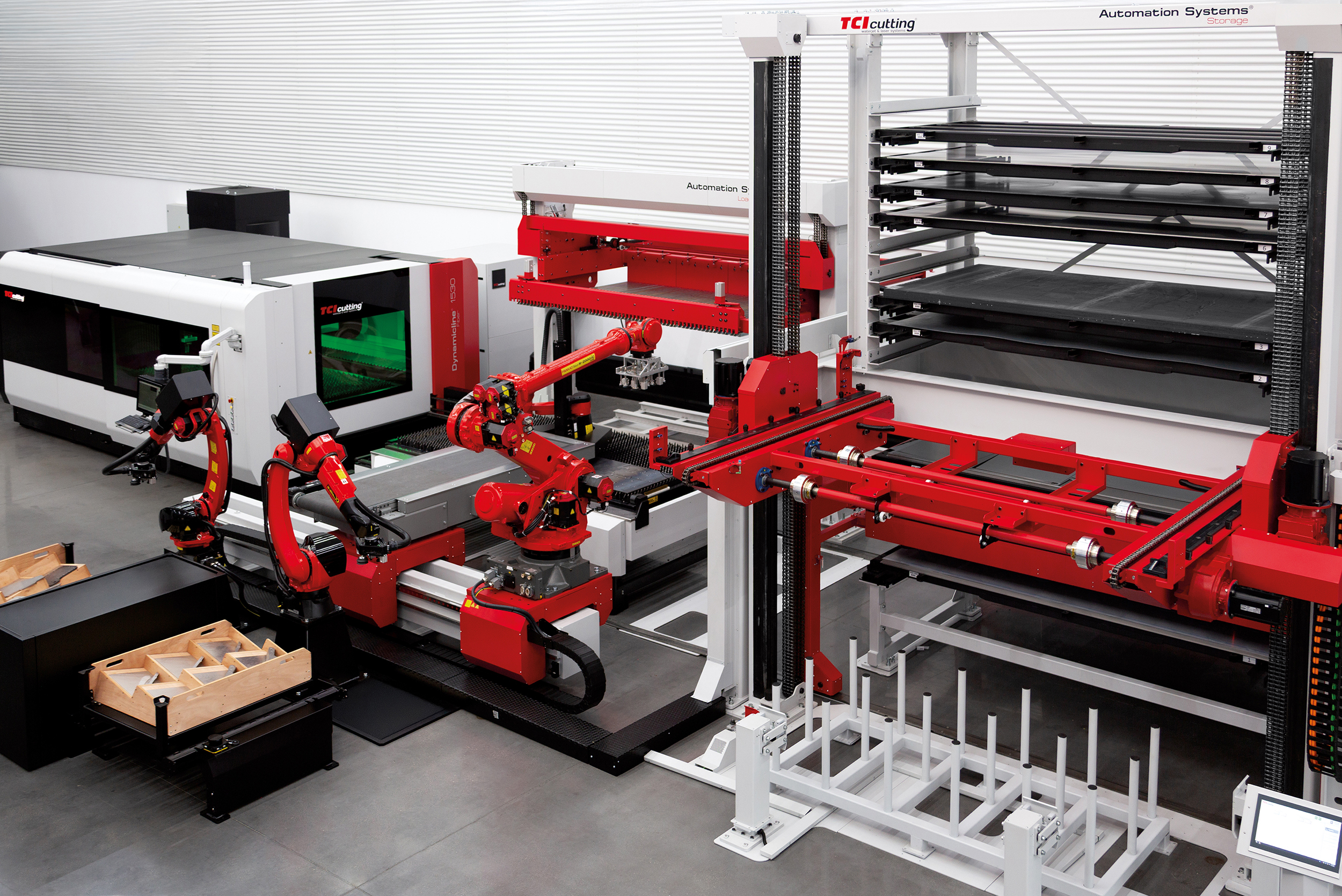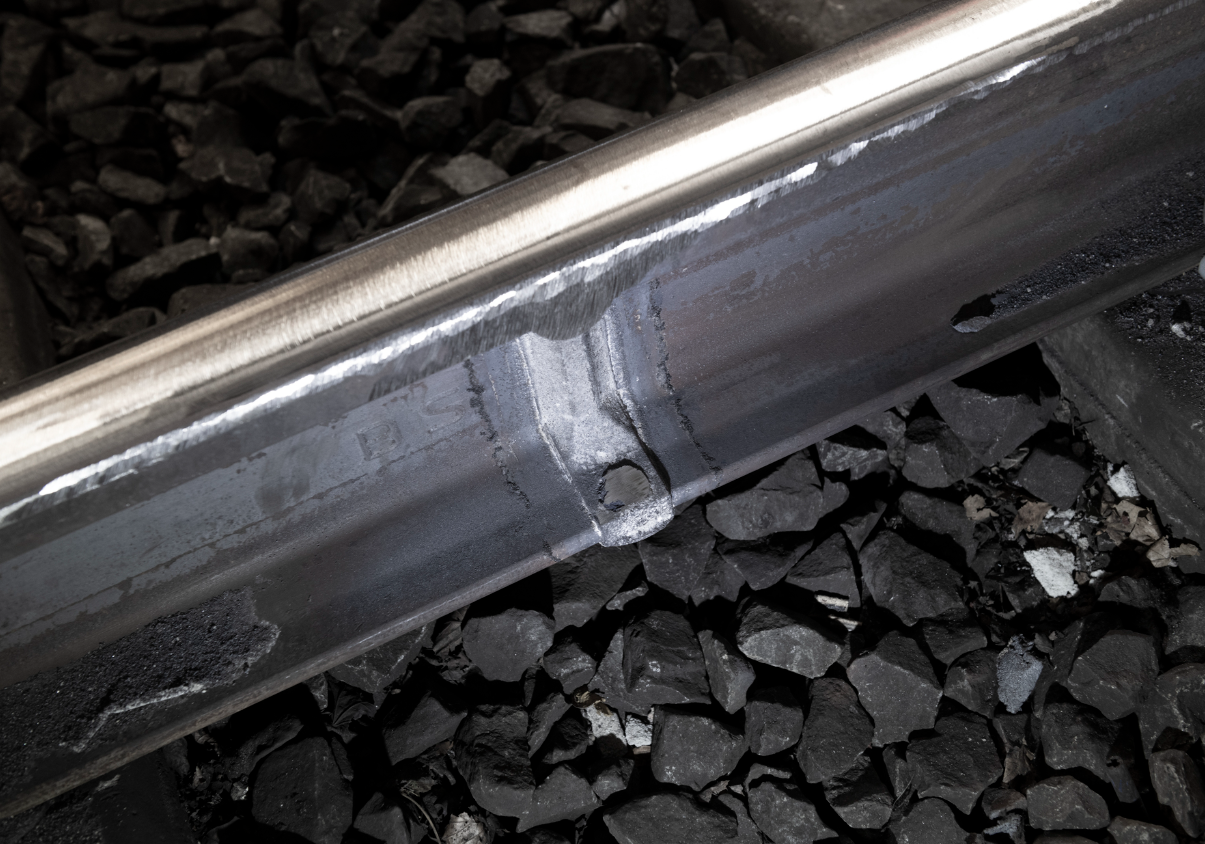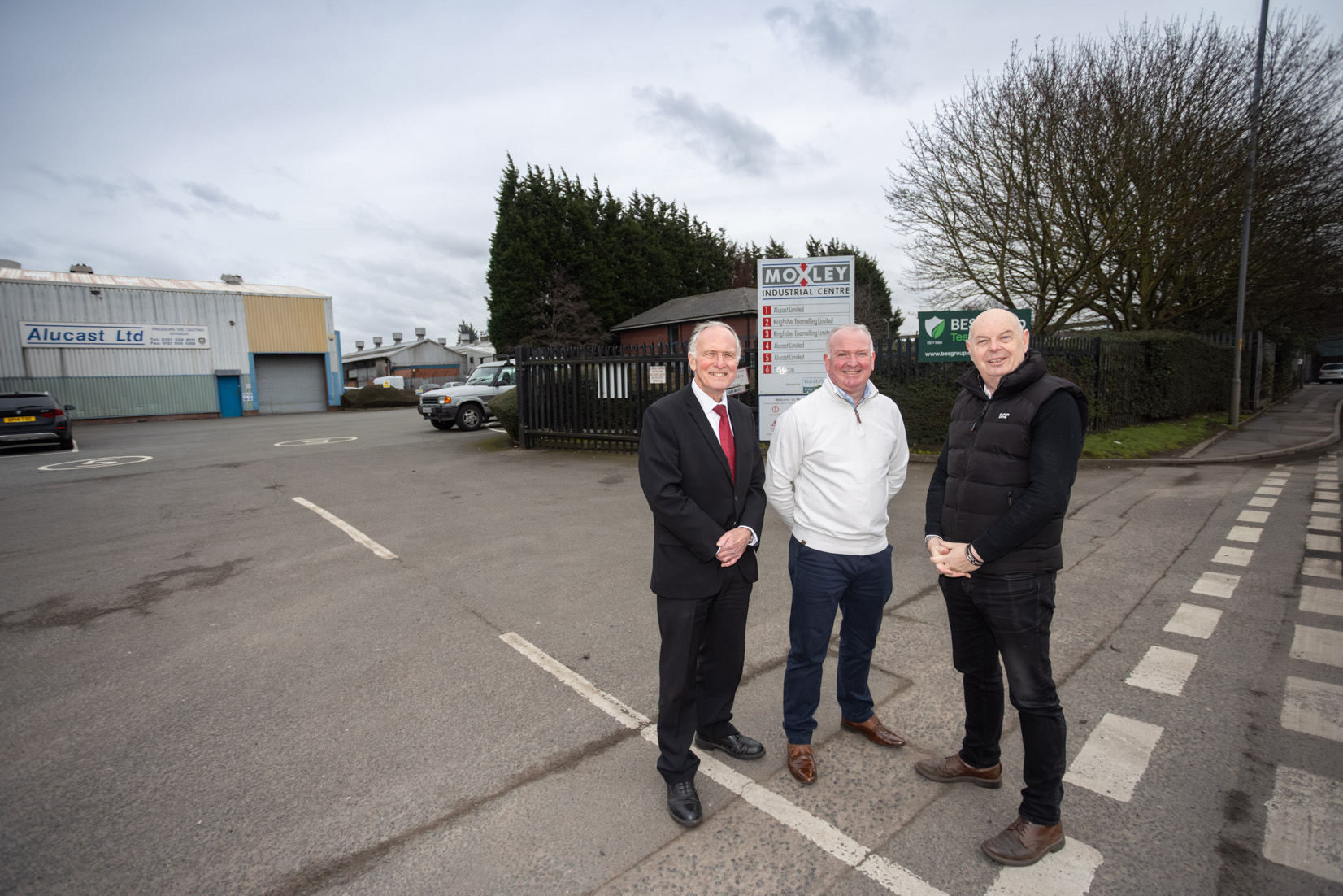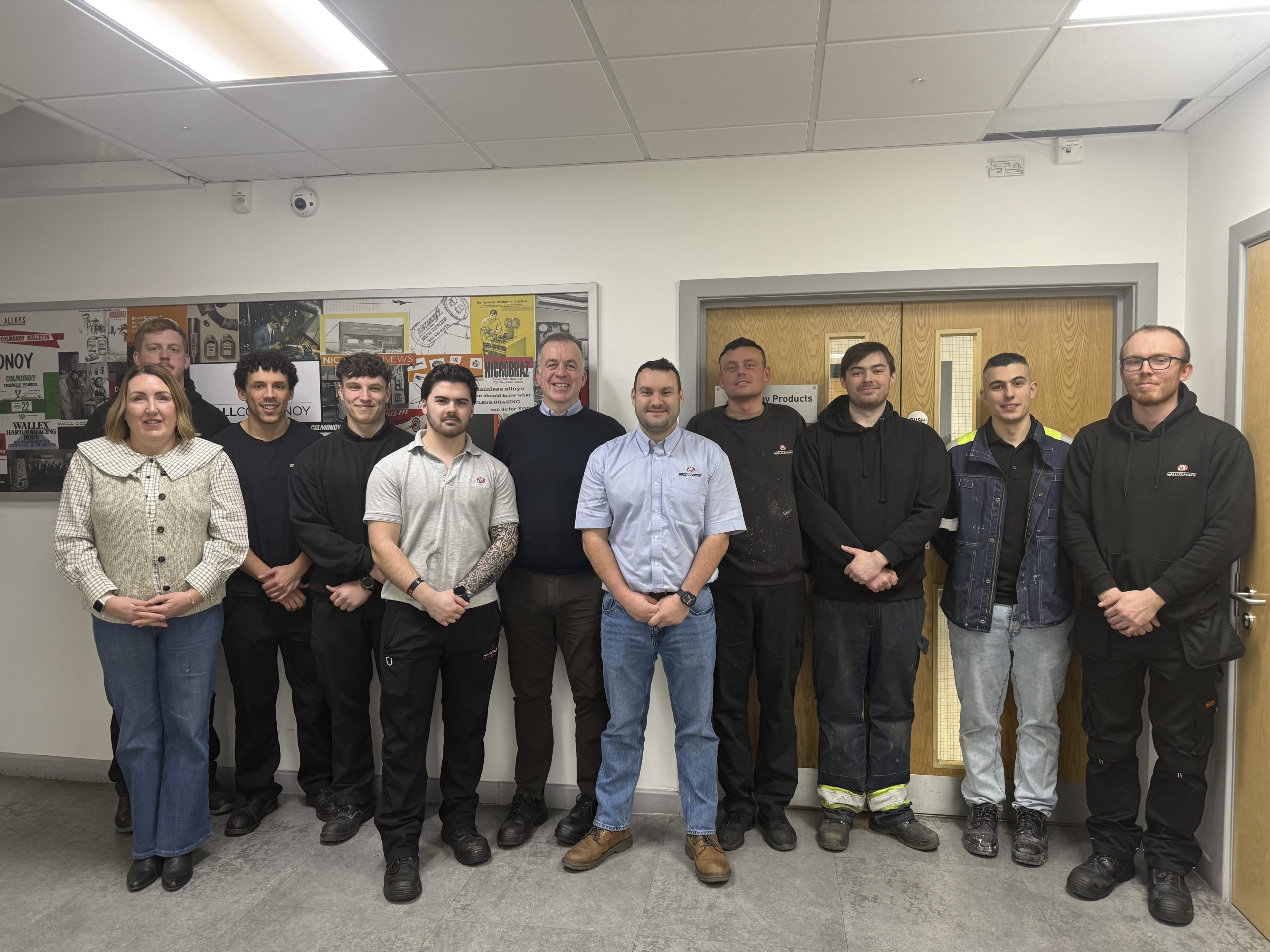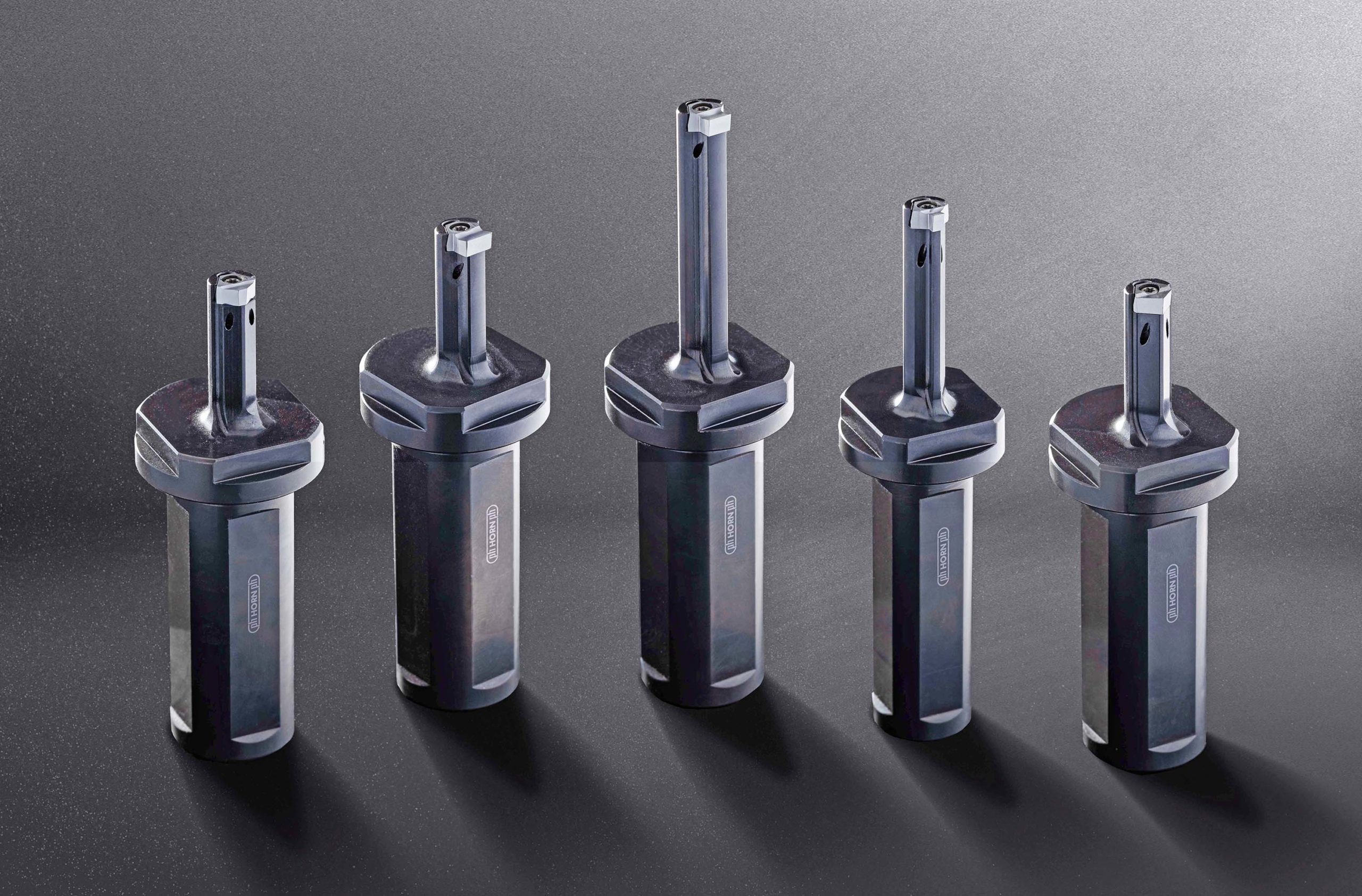‘£60 startup’ engineers global greatness as it toasts 50th anniversary
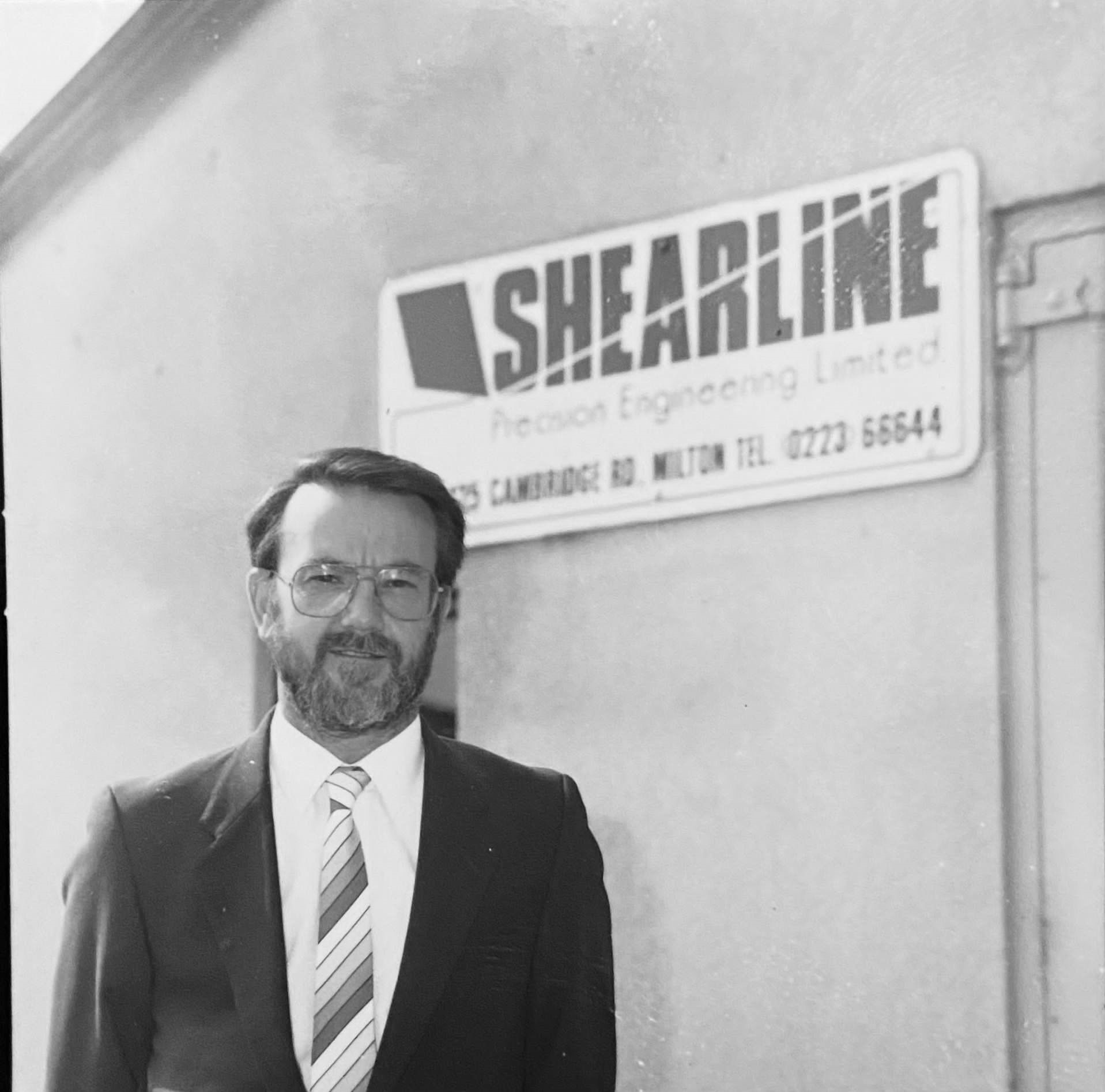
An engineering business started for little more than £60 in its founder’s garden shed in 1973 has blossomed into a multimillion-pound concern as world-leading clients steer pioneering technology into major markets globally.
Born in Cambridge, Shearline Precision Engineering is now based in Ely but the reach of its input is not only worldwide but extends to outer space!
The company is the power behind a good many thrones and its parts can be found in world-leading inkjet products for Cambridge and other players, innovative medical devices and beauty advancements, F1 motor racing and globally renowned car marques, electric vehicles, electronics, defence, aerospace and nuclear markets.
Shearline subsidiary SXL is currently quoting a multi-million-pound package of work for the defence industry – many parts for which will be manufactured from magnesium.
One of its ventures is already out of this world. Two freshly engineered Raspberry Pi computers launched for the International Space Station boasted Shearline-made super corrosion resistant cases.
Shooting for the stars wasn’t foremost in founder David Littlechild’s thoughts when he borrowed £60 from dad and scraped together some savings to launch the fledgling business from the summerhouse at the bottom of his parents’ garden in Cambridge.
Dyslexic and with no qualifications from leaving school, David had learned the trade by working at Cambridge University Engineering Labs. With no prospect of a degree that would have landed a key job at the Department he decided to go it alone.
Brother John had introduced him to a glass blowing company called TW Wingents and he started making gas jets for their blow torches on a small lathe in the summerhouse. That work blossomed and in the meantime John and David launched a flash lamp manufacturing business at Cambridge Science Park – Noblelight.
David sold his stake and decided to strike out on his own. Shearline steadily picked up work from globally successful companies and shifted through the gears in terms of premises before building its own showcase facility in Ely.
The biggest growth factor was a contract with instrumentation giant LKB Biochrom which has remained a customer for more than 45 years. Another catalyst for expansion was the development of the inkjet sector, principally through Domino, Linx and Willett (now Videojet) – all of whom are customers today.
Shearline has consistently invested large sums in state-of-the-art machinery which, in turn, boosted capability and meant Shearline could handle increasingly large and complex jobs.
David says: “The investment in new machines and the latest technology has been a priority for Shearline and has allowed us to maintain efficiency and quality – both crucially important in global markets. The investment has included one of the largest 5th axis machining centres operating in a sub-con environment.”
Paying it forward has, in turn, paid dividends, as Shearline continues to expand into new markets. For example, the company has AS9100 accreditation to supply parts for the aerospace and defence industries. Some of the newer markets it services include Robotics, Wind Turbines, EV technology, medical and Electron microscopes.
In 2007 it bought the company HLT allowing Shearline to machine, scribe and cut ceramics materials. In 2010 it then bought the assets of a motor sports company, now known as Shear XL.
Their work includes racing car engines and transmissions and hypercar components. Shearline is also now working closely with a defence customer in the United States machining magnesium components for drones.
A rock-solid reputation for high quality components and razor-prompt delivery continues to trigger fresh approaches from new customers. David says: “For example, that US company approached us as they were struggling to find a suitable manufacturer that could machine magnesium, due to its flammable properties.”
So now Shearline is working closely with an exciting new customer in the development and manufacture of fast charging battery systems.
It is collaborating with a fresh client in the food and drink industry, quoting an innovative environmentally friendly system – a design which has passed recent trials and is rapidly gaining a lot of interest. “This one has the potential to take off in big volumes!” says David.
Another subsidiary HLT is partnering with a global manufacturer in the electronics industry and running trials with a view to start manufacturing in production volumes at the start of next year.
Demonstrating its versatility, Shearline is working on a prototype fabricated aesthetic beauty device for an extremely well-known household name company.
Shearline is now reaping the gain but it has not been without pain. David – who these days acts in a consultancy capacity – and managing director Jon Littlechild say one of the biggest challenges has been finding suitably skilled staff.
Spurred by government failure to consistently woo enough apprentices into manufacturing industries, Shearline chose to develop its own apprenticeship scheme. This provides high quality apprentices following a four-year programme.
Similarly, being aware of the gender disparity in the engineering sector and how important it is to make sure women are fully represented, Shearline always ensures that women form a key element of the annual apprentice intake. Two of the current apprentice cohort are women.
In terms of the workforce overall, almost a third of the company’s entire staff are women, several of them talented engineers, while a good number are managers right up to the Finance Director role.
Ever mindful of the macro-economic situation, Shearline senses a further opportunity for growth, as David Littlechild explains: “One of the reasons I believe the future for Shearline is so good is that the recent supply chain problems with China has forced companies to consider reshoring their manufacturing operations.
“Challenges for the future include fluctuating energy prices, which in turn influence many other commodities that Shearline purchases such as materials.
“To partially mitigate this, we have installed over half a megawatt of solar panels which will account for around 25 per cent of our energy usage.
“Shearline has for many years invested in green manufacturing long before environmental consideration was at the forefront of peoples’ minds – recycling materials, installing a combined heat and power unit as well as coolant management systems that reduce oily waste by as much as 75 per cent.”

